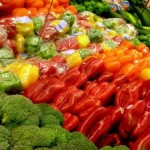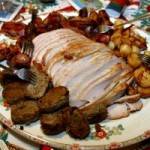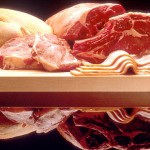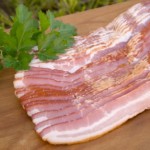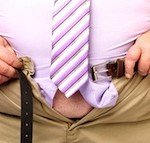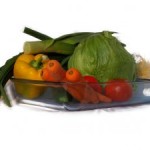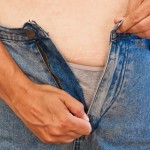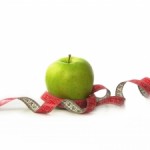Hi – I hope that you all had a great Christmas day and Santa brought you what you wanted!!
Well Christmas dinner is over, done and dusted. And you’re feeling….well stuffed, over fed, pants too tight, got a good case of belly bloat going on and that furry tongue feeling that comes from either too much alcohol. too many sweet carbs or a mixture of both.
You know you should have followed the last post and eaten your Protein first but the honeyed veges looked too good, the egg nog was too plentiful and well you just let go and enjoyed youself. Another Christmas day come & gone and you feel a bit guilty and find part of your mind saying (again) never again..
Okay time to move past this, time to get back on track, tme to recognise that this was a temporary diversion and most of all time to repair some of the damage done.
So how to do this?
Firstly realise that letting go of your diet control once & a while is okay, just make sure that you climb back on the wagon.
Here’s how – your metabolism has been given a hiding, your digestive system has been stressed far beyond normal limits so you need to hit the ‘reset button’.
This little trick will do the what’s needed: Once Christmas day and the following one (Boxing Day here in Australia) are done then make a decision to stay away from all highly processed, high GI foods and focus on lean Protein, fresh fruit and fibrous vegetables. Add some healthy fats via nuts & avocado and you are well on the way to getting back on track.
This means waking up and having an omelette with some spanish onion and mushrooms in it and avoiding cereal & milk. It means grabbing an apple or a peach and some almonds for a snack, having big salads with olive oil dressing and chicken or turkey breast, it means avoiding breads, crackers or that the left over Christmas pudding, Pavlova or pie.
It means drinking a lot of water. A lot of water.
Eating like this will reduce the bloat, ease the stress on your digestive system and beat back those sugary carb cravings.
This works by allowing a number of things to happen – fewer carbs means your body has a chance to normalise & stabilise blood sugar levels after the havoc of the days just gone. Your pancreas gets a break and you insulin levels will drop also. Your body will release excess fluids (high sugary carbs creates water retention – and drinking extra water when eating lower carbs actually forces a situation where excess retained water is ‘let go’). High sugaery carbs also unleash the cravings monster and eating as described above will blunt these.
So December 27th or 28th get stuck into water and left over protein , veges and fruit. Pass on the potatoes, the bread and sweets, pie & cakes. Not only will you lose the bloat but you’ll feel better quicker and be back on track for a fit & lean 2011.
My best wishes for a Safe & Happy New Year – may 2011 be the year all your dreams come true!!



